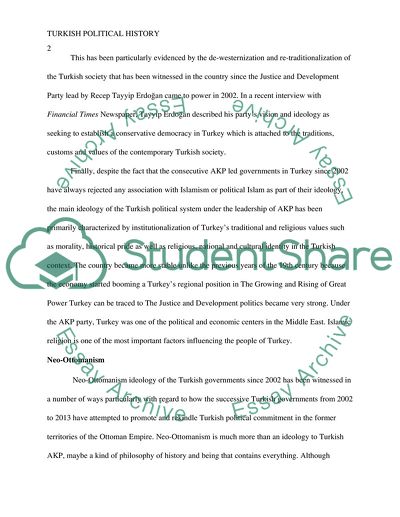Cite this document
(“Conservatism and Neo-Ottomanism of the Turkish Political System Essay”, n.d.)
Conservatism and Neo-Ottomanism of the Turkish Political System Essay. Retrieved from https://studentshare.org/politics/1663474-conservatism-and-neo-ottomanism-of-the-turkish-political-system
Conservatism and Neo-Ottomanism of the Turkish Political System Essay. Retrieved from https://studentshare.org/politics/1663474-conservatism-and-neo-ottomanism-of-the-turkish-political-system
(Conservatism and Neo-Ottomanism of the Turkish Political System Essay)
Conservatism and Neo-Ottomanism of the Turkish Political System Essay. https://studentshare.org/politics/1663474-conservatism-and-neo-ottomanism-of-the-turkish-political-system.
Conservatism and Neo-Ottomanism of the Turkish Political System Essay. https://studentshare.org/politics/1663474-conservatism-and-neo-ottomanism-of-the-turkish-political-system.
“Conservatism and Neo-Ottomanism of the Turkish Political System Essay”, n.d. https://studentshare.org/politics/1663474-conservatism-and-neo-ottomanism-of-the-turkish-political-system.


